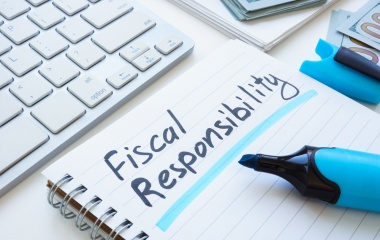
Should the Western world forgive African debt?
The mitzvah of tzedakah contains a dual component; helping those in need and instilling in the donor the recognition that wealth is a gift from G-d. Giving money where it is politically correct and popular may make us feel good about ourselves but runs the risk of diverting charity dollars from more worthy causes. We must prioritize our needs, recognizing that we have to balance conflicting goals. On the one hand Judaism posits that the poor of the local community come first. In practical term that means as long as people are dying waiting for medical treatment in Canada it would be difficult to justify giving large (or perhaps any) sums of foreign aid. Jewish law also states that our first priority in charitable giving is giving food to the hungry which would seem to indicate that at lease some foreign aid to the extremely needy would be mandated – perhaps by diverting spending from “non essential services” or perhaps designating profits from lotteries or “sin” taxes to facilitate such aid.
However the problem of aid to Africa is much more problematic owing to the hundreds of billions of dollars a year squandered on waste and outright corruption. Jewish law forbids giving charity to those whose integrity is questionable – let alone outright cheats - and would bar giving aid to corrupt officials. Under such circumstances any aid must be given directly to the poor and overseen by those who are free to act with integrity and dignity.
Judaism has always seen charitable giving as last resort – only to be used when loans and investments are not feasible. Creating a society dependant on the largesse of other wealthier nations is a distortion of some of the deepest held Jewish values. The optimal approach which can enable one to give tzedakah to literally billions of people would beinvestment. This can and may only take place in an open transparent environment free from corruption. While I see no moral obligation to forgiving loans even when dealing with upstanding people (or honest politicians) – the granting of interest free loans is tzedakah in its highest form. Halacha even forbids requesting repayment of a loan when the debtor legitimately has no means of repayment. Thus the cornerstone of foreign aid would be a combination of investment, interest forgiveness and liberal loan repayment criteria where applicable.
Comments to info@torahinmotion.org



